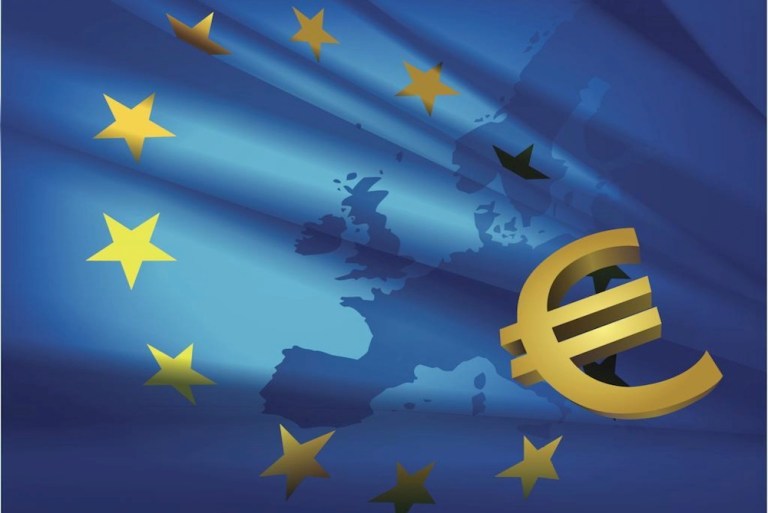European Commission Considering Tougher Money Laundering Rules

The European Commission is considering a slew of changes to how it monitors money laundering as part of its fight to cut off easy financing for terrorist organizations.
Pushed onto the agenda by the upswing in terrorist violence in the EU over the last several months, the EC is considering measures from closer monitoring of bitcoin and cash transactions to the creation of national payment account registers as potential avenues of exerting greater control and transparency in the movement of money.
“We want to improve the oversight of the many financial means used by terrorists, from cash and cultural artifacts to virtual currencies and anonymous prepaid cards, while avoiding unnecessary obstacles to the functioning of payments and financial markets for ordinary, law-abiding citizens,” noted Commission Vice President Valdis Dombrovskis.
The Fourth Anti-Money Laundering Directive is expected to be particularly important. The EC is looking to do more than tighten checks on money flowing from nations known for loose controls in their financial systems; it is also looking to widen the power and scope of information available for “Financial Intelligence Units.” The new rules will also require bitcoin to submit to tougher anti-money laundering requirements and require wider customer verification for the sale of prepaid cards.
The use of cash in the EU is also getting a closer look. On the table with the new proposals is authority for law enforcement to move on lower amounts of found cash on a suspect — if said cash is suspected to be important to financing illicit activity.
The tough regulations have just been proposed; they will be amended throughout the summer.